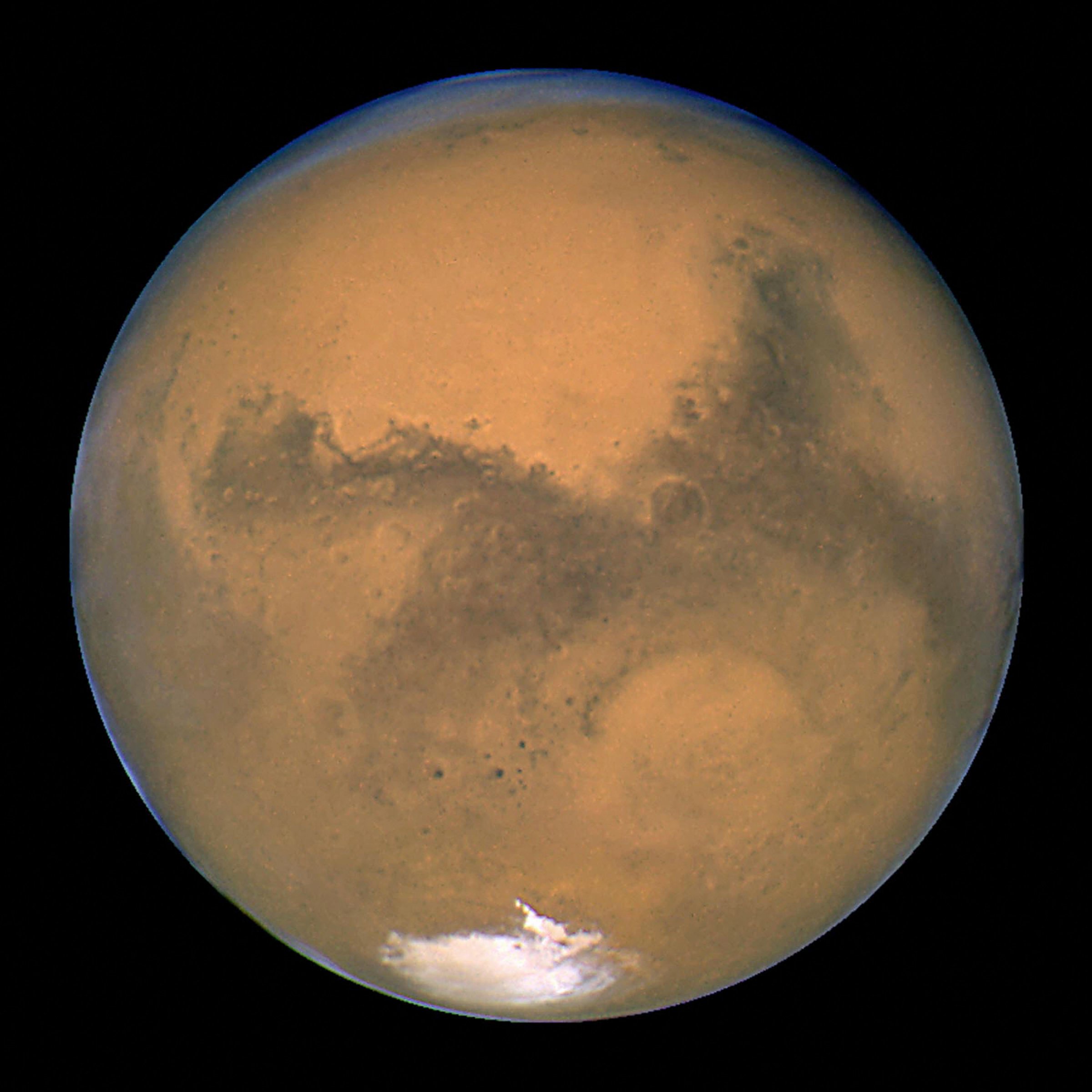
Correction appended June 5, 2014
Here’s something that will surely come as a surprise: America is not yet able to go to Mars. I know, I know, I’m disappointed too. I was sure we had the rocket on the pad, the crew selected and the quonset huts waiting on the Martian surface, ready to welcome the new American settlers.
What’s that? You didn’t think we had all that nailed down? You may then wonder why the National Research Council (NRC) just released a 286 page report making that point. The headline-making thrust of the study is this:
Pronouncements by multiple presidents of bold new ventures by Americans to the Moon, to Mars, and to an asteroid in its native orbit, have not been matched by the same commitment that accompanied President Kennedy’s now fabled 1961 speech—namely, the substantial increase in NASA funding needed to make it happen.
Stipulated. Space travel ain’t about coach seats. It costs lots of money—but that’s something most people knew without being reminded. Still, you can read the rest of the blue-ribbon NRC report here—or at least a PDF of it. A bound, paper copy, which wouldn’t keep you shackled to your computer for 286 pages, will cost you $47. This might also leave you wondering why U.S. Sen. Bill Nelson (D-Fla.) raced to issue a triumphal statement the moment the report was released, announcing in its opening line that the study was the handiwork of, well “U.S. Sen. Bill Nelson.” Perhaps U.S. Sen. Bill Nelson would like to front you the 47 bucks then.
Here’s what’s behind this particular bit of space kabuki. The NRC study was mandated by a piece of 2010 pro-NASA legislation that Nelson co-sponsored with former Texas Sen. Kay Bailey Hutchinson. Why the common cause between the Democrat and Republican in the first years of the hyper-partisan Obama era? Geography. He’s from Florida, she’s from Texas, the twin lode stones of the American space community. The 2010 bill provided multi-year funding for NASA at a level sufficient to keep at least a slow-walked manned program going. Under the plan, NASA would aim for deep space destinations, while private industry handled the low-Earth orbit work. The report that was just released appears to have been tucked into the act as a sort of time-released capsule that would open in a few years and remind people that if we really want to achieve all of this cool stuff the funding spigot would have to remain open. And which two states would get a lot of that money again?
In fairness, the report’s conclusion is well-taken. As recently as yesterday, I spoke to Greg Williams, a policy chief in NASA’s Human Exploration and Operations division, and asked him why it’s taken so many years for NASA’s new heavy-lift manned booster to be built and why it will take so many more before it actually carries people. The Saturn V moon rocket, by contrast, took its first, unmanned flight in November 1967, and 13 months later had the Apollo 8 astronauts orbiting the moon.
“Look at the funding curve back then,” Williams said. “It was always going up. We’ve been doing this work on what amounts to a flat budget.”
But lack of cash, plus lack of commitment is what’s always been the difference between the do-it-now ethos of the old Space Race and the do-it-eventually-(maybe) ethos of all the space endeavors that have come since. For Nelson, who, as a member of the House in 1986 leveraged himself a ride aboard the space shuttle Columbia—one mission before the Challenger crew died in an explosion during launch—this is little more than a big kiss for home state voters anxious to keep the space coast going.
A strong case can indeed be made for why we should go to Mars, both in terms of pure research and human inspiration—which counts for something. And a self-evident case can be made that if we want to do it within the lifetimes of any person on the planet today, we need to pay for it. Space isn’t cheap—never has been. But you don’t need a Senator tending his home fires to demand a book-length report telling you that’s so. “This affirms that the mission to Mars is a go,” Nelson said in his statement.
No, it doesn’t. But his 2018 re-election campaign may already be underway.
An earlier version of this story failed to mention that the PDF of the report is free.
More Must-Reads from TIME
- Donald Trump Is TIME's 2024 Person of the Year
- Why We Chose Trump as Person of the Year
- Is Intermittent Fasting Good or Bad for You?
- The 100 Must-Read Books of 2024
- The 20 Best Christmas TV Episodes
- Column: If Optimism Feels Ridiculous Now, Try Hope
- The Future of Climate Action Is Trade Policy
- Merle Bombardieri Is Helping People Make the Baby Decision
Write to Jeffrey Kluger at jeffrey.kluger@time.com